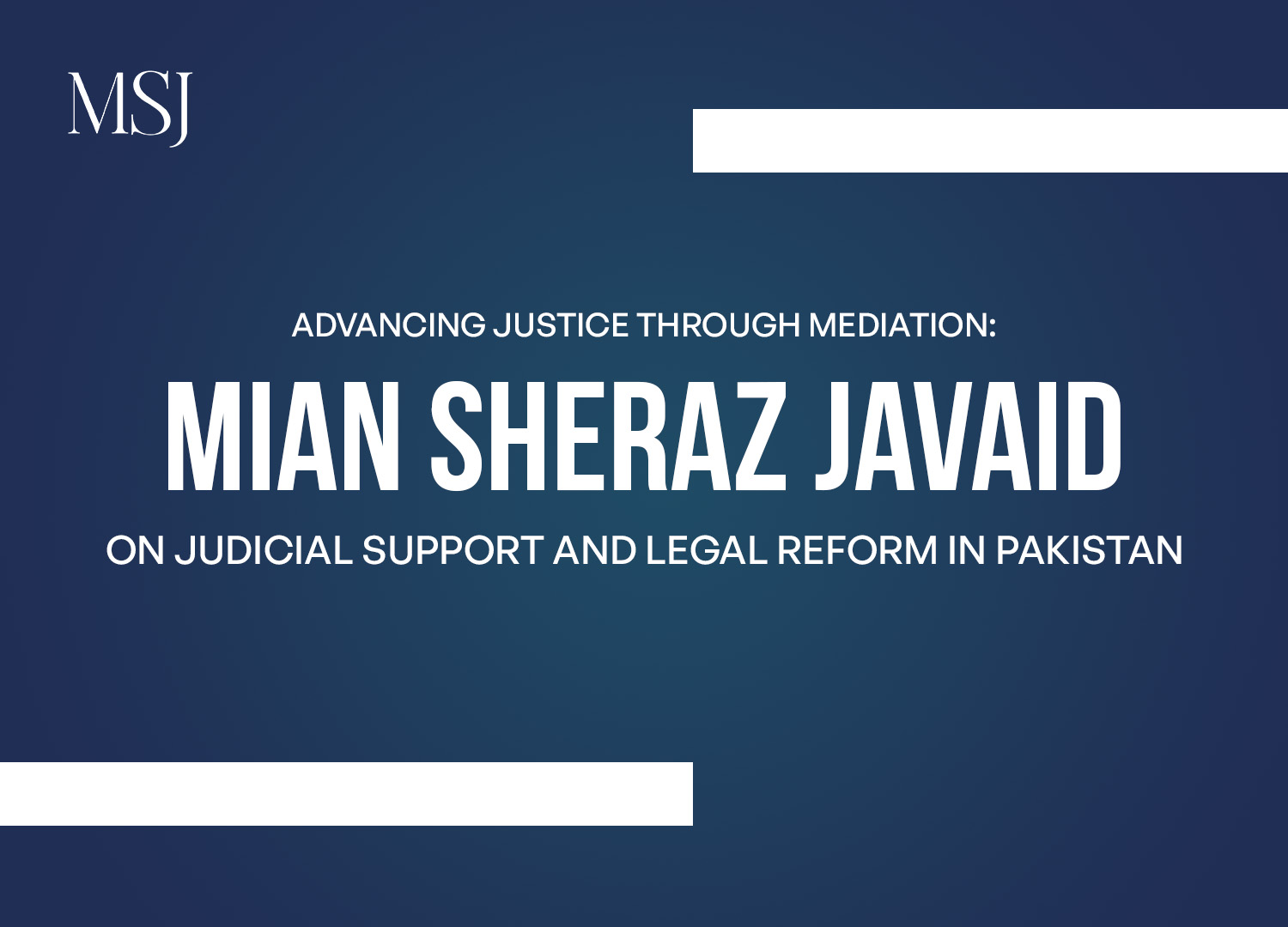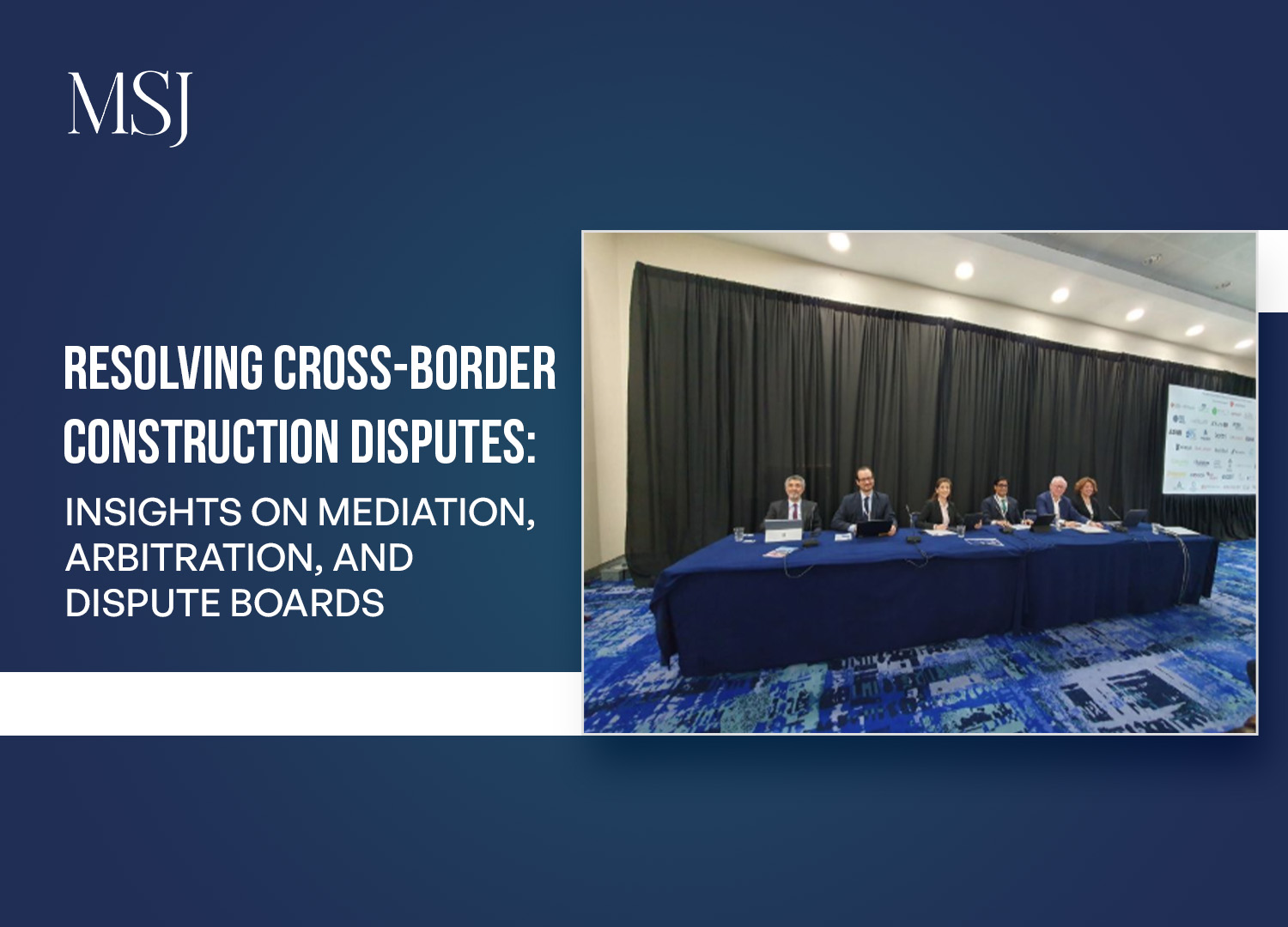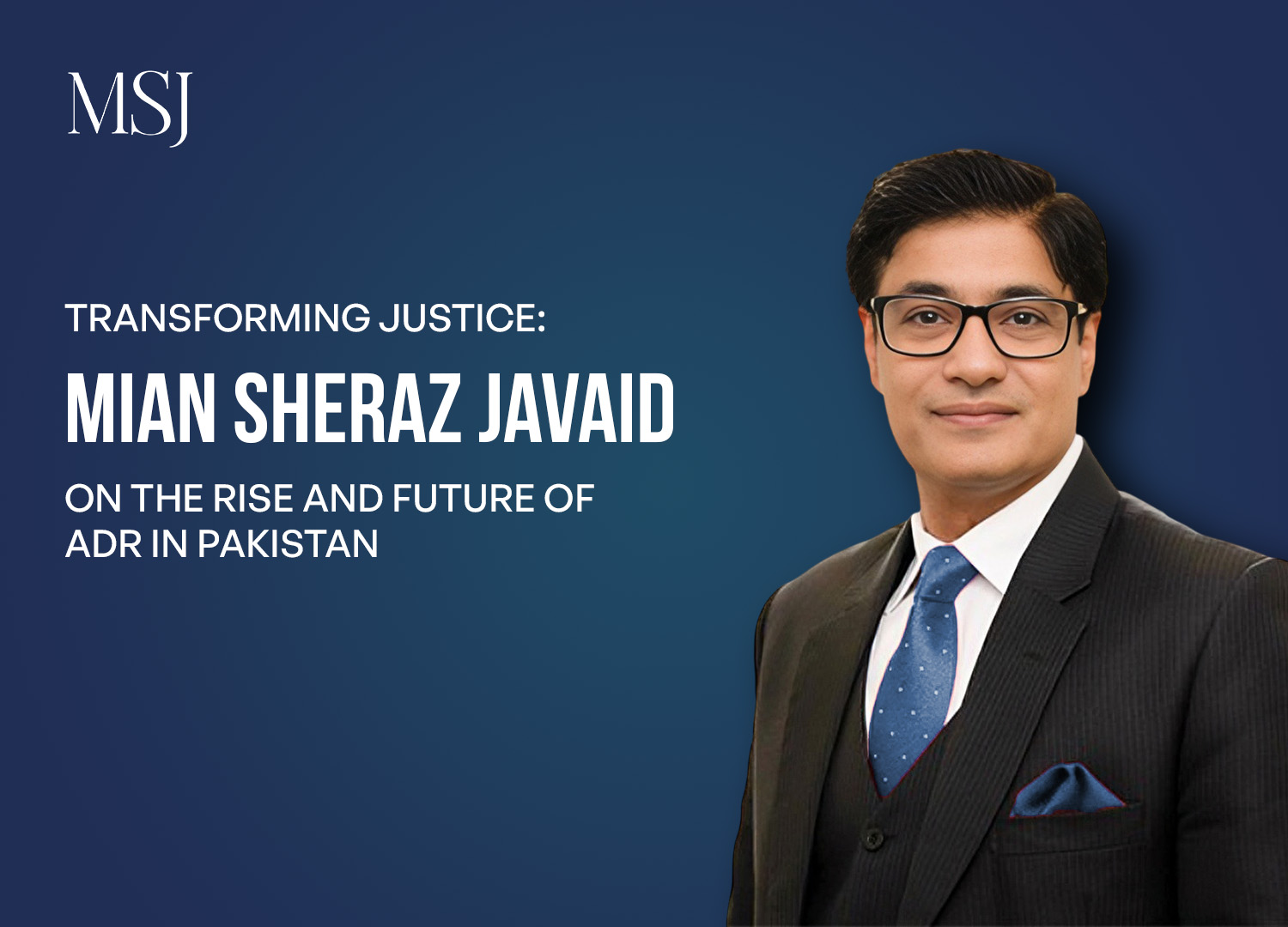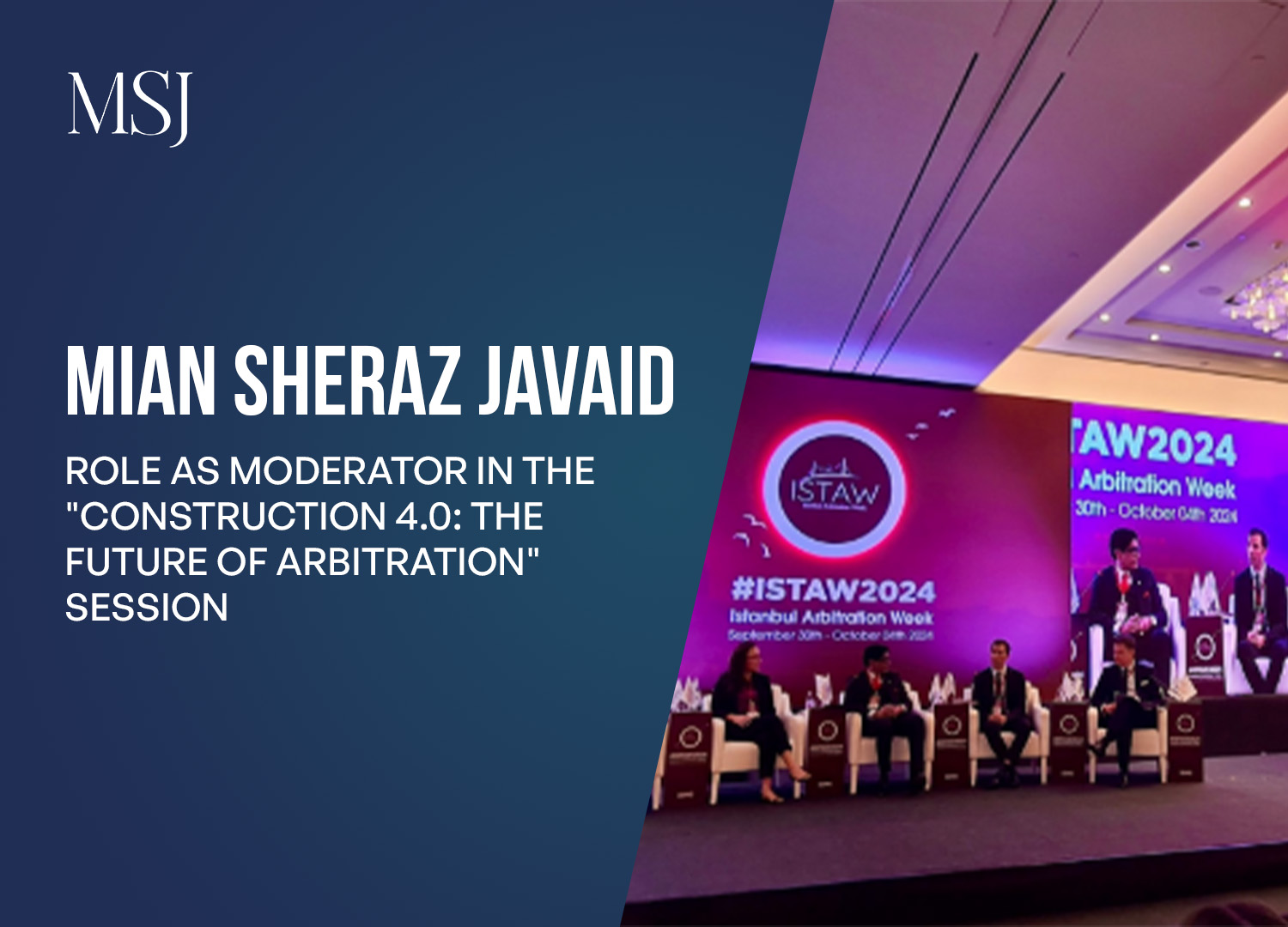MSJ Explores Dispute Avoidance in Crypto Contracts at Tashkent’s Global Blockchain Law Forum
Tashkent, June 2025 — Continuing his leadership on the global arbitration stage, Mian Sheraz Javaid (MSJ)—English Barrister, Civil Engineer, and international dispute resolution expert—was featured as a virtual keynote speaker on Day 3 of Crypto Week: Crypto & Blockchain Disputes, hosted by PraeLegal Uzbekistan and the Tashkent International Arbitration Centre (TIAC) at the Tashkent International University.
The event gathered leading practitioners and scholars from around the world to address the evolving complexities of disputes in crypto, blockchain, and smart contract ecosystems. MSJ’s session focused on a cutting-edge yet often overlooked principle: dispute avoidance in the age of decentralization.
Topic: “Avoidance Precedes Resolution”
In a well-received presentation titled “Avoidance Precedes Resolution: Leveraging Avoidance in Technological Disputes”, MSJ offered a forward-facing critique of current legal practices and proposed frameworks for pre-empting disputes in smart contract environments—especially in jurisdictions governed by English law.
Speaking from his deep experience in cross-border infrastructure and technology-linked arbitration, MSJ addressed:
- How English law handles smart contract and crypto relationships, emphasizing the limitations of reactive dispute resolution mechanisms;
- The inherent legal challenges posed by pseudonymity, decentralized systems, and the fragmented regulatory nature of crypto ecosystems;
- And the imperative to embed avoidance protocols within smart contracts through on-chain governance mechanisms, fail-safe triggers, and clarity in pre-agreed processes.
“Dispute avoidance must be seen not as a ‘soft’ skill,” MSJ said, “but as a form of structural risk mitigation. In crypto, where pseudonymity and jurisdictional uncertainty are common, the best way to resolve is often not to let disputes arise in the first place.”
Pseudonymity and Cross-Border Complexities
MSJ drew attention to the difficulty courts and arbitral tribunals face when identity, location, and enforceability become unclear. “In a pseudonymous project with distributed nodes across ten countries, what court has jurisdiction? What law applies? And how do you enforce an award?”
He stressed that traditional arbitration frameworks must evolve, particularly in relation to self-executing digital contracts and decentralized autonomous organizations (DAOs), where trust is written into code, but ambiguity can still create rupture points.
Legal Engineering and Smart Contract Architecture
A central part of MSJ’s argument was that lawyers must learn to speak to the architecture of smart contracts—designing legal backstops not merely as ‘afterthoughts’ to disputes, but as integral parts of contract code and logic.
He urged legal and technical teams to work in tandem to develop early-warning systems, embedded dispute protocols, and smart triggers for pausing or modifying contracts before damage escalates. “Smart contracts can be smart about risk, but only if the legal inputs are engineered just as precisely as the code,” he noted.
Global Panel of Experts
The panel was moderated by Diana Bayzakova, Director of TIAC and a recognized force in institutional arbitration across Central Asia. MSJ shared the session with distinguished co-panelists, including:
- Sherzod Abdulkasimov, leading crypto investigator and a respected figure within PraeLegal Uzbekistan;
- Andrew Honniford of Orbital Data Consulting, known for his work on blockchain analytics and digital asset forensics;
- And Aleksei Korochkin, representative of the Chamber of Arbitrators in Minsk and Belarus Correspondent to UNCITRAL, who brought in comparative insights from CIS jurisdictions.
MSJ expressed his admiration for the panel, calling it “a rare forum where legal theory, technical fluency, and practical enforcement challenges all came together.”
Reflections on the Forum’s Relevance
MSJ commended the organizers for curating a program that tackled real-world issues often ignored in traditional arbitration circles. “What we witnessed today is a preview of the arbitrator’s reality in 2030,” he said, “where AI-powered forensics, token-based identities, and blockchain evidence will become the norm rather than the exception.”
He extended special thanks to Farzana, whose backstage coordination ensured a seamless experience, and praised the visionary leadership of the Tashkent International Arbitration Centre and PraeLegal Uzbekistan in organizing the session.
Conclusion: Charting a New Course in Crypto Disputes
As blockchain technologies challenge the assumptions of conventional contract law, MSJ’s participation added a critical voice for preventive legal engineering and early dispute containment. His insights echo a broader call across legal tech circles: build contracts with resolution in mind, but design systems where resolution is rarely needed.






